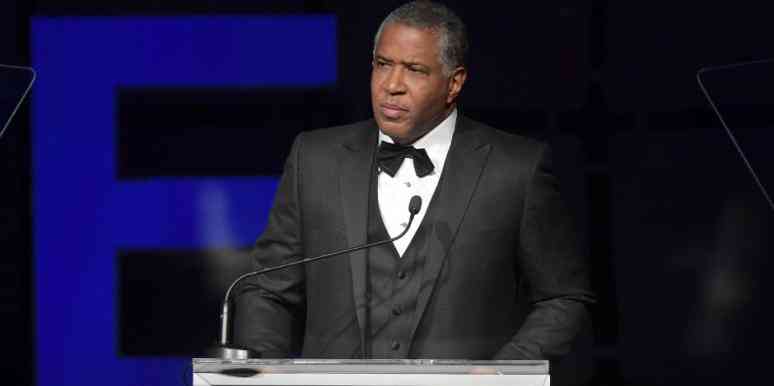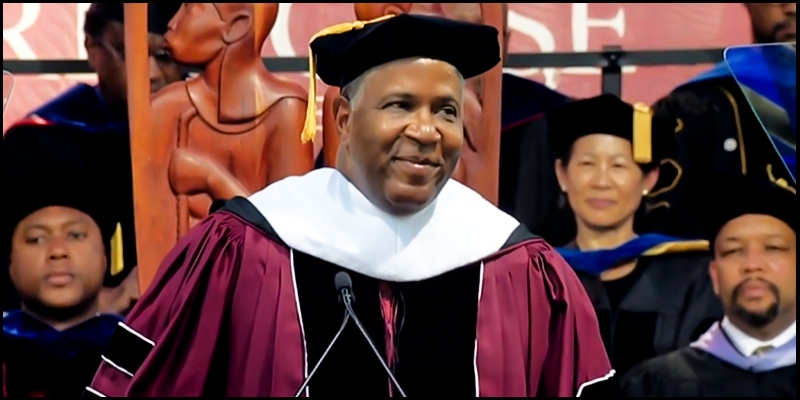What better way to enrich one’s knowledge with sophisticated ideas, increase socialisation and learn to take on the role of being an adult than attending university straight out of higher education.
Since the beginning of the new millennium, the number of students that attend university has skyrocketed from 15.3 million in 2000 to 19.9 million in 2018, according to the National Centre for Education statistics. It is evident that university has certainly become a popular choice amongst millennials and Generation Z.
Despite this, many people have also decided against attending a university for a plethora of reasons; wanting to escape the stressful conditions of schooling, accessing opportunities elsewhere through apprenticeships or internships, the list goes on. However, one of the biggest reasons for opting out is to avoid the impending debt a university degree can bring.
In the United States, university fees have been increasing since the 1980s, the average degree per year costing around $19,000 (public university) to almost $40,000 (at a private institution). This rounds up to around $80,000 to $160,000 of debt (before interest) by the end of university education. This is only for a undergraduate degree, we haven’t even added up the figures for further education to higher study such as law school or studying for a masters. The UK has been following a similar trend but has always been slightly under the cost of US fees (depending on whether one is a home or an international student)

Some work tirelessly and continuously throughout their degree whilst juggling classes and coursework, others are given money by parents who have worked tirelessly to save up enough and a growing number also take more unorthodox routes, all in the pursuit to dispose of their debts.
But wouldn’t it be great if these debts could just be paid off by an anonymous benefactor?
Billionaire Robert F. Smith pledges to eradicate the student debts of the Class of 2019

Not so anonymous Robert F. Smith has done just that. On 19th of May the billionaire and recipient of an honorary doctorate on the campus of the HBCU Morehouse College announced that he would be giving a gift $1.5 million to the university.
The investor surprised an audience of 400 graduating seniors and staff when he announced that he would eliminate the debt of the 2019 Class
Smith described his investment as “fuel” in the bus which the graduates will be boarding into the future. A metaphor which alludes to his belief in the graduating class, that they could go far, but faster and a little easier with some financial aid. Unlike a loan which might have slowed down their inevitable success, Smith’s money will eradicate the stress of paying back interest loaded loans.

Actress and Activist Angela Bassett who also received an honorary degree on Sunday, referenced the graduate as Rev. Martin Luther King and suggested that the class of 2019 “emulate him, but take their own path” but also warned them to be wary of the future, ready for its obstacles, as well as thrive in their potential.
There is no say what new benefactors could be attracted to the graduating class of perhaps 2020, if that is even possible or whether this was a once in a lifetime miracle. What is definite is that most people will probably not have to fortune of this kind of generosity.
The UK rarely sees big opportunities like this, bar the extremely generous all-expense paid for university contributions by the rapper Stormzy in 2018 for black students aiming to get into Cambridge.
Long term debt is of course in the minds of all students who attend university, or at least the ones who have to take out loans in order to attend university, being the large majority of them.
Is it worth it?
However are degrees really worth what they cost? Today, almost anyone can obtain one and a question of whether we actually develop the skills to be able to succeed as outstanding citizens and prosperously throughout life in university is constantly in question. Due to the staggering number of students attending university, the competition for the best jobs is no longer one between the 1st and 2:1 obtained degrees, university prestige and whether one even has a degree but practical skills.

This is clear as today thousands of graduates are still finding it extremely difficult to acquire a job especially in the industry or career they have the set skills for from their university subjects.
What is also as important is the things people take part in outside of their degree. Personal projects, extra-curricular activities, internships, volunteering work the list goes on. The job market has become a competition of who has had the most experience in a variety of different environments and has developed transferable skills from them. Statistics show that even most people don’t even directly use their degree in their eventual line of work.
Moreover, it is of course a blessing to have debt eradicated especially during the stressful time of transitioning from semi adult to full adult life and the working world. However, to what extent does university education direct us into a positive further.
Do our degrees cost what they are truly worth?


